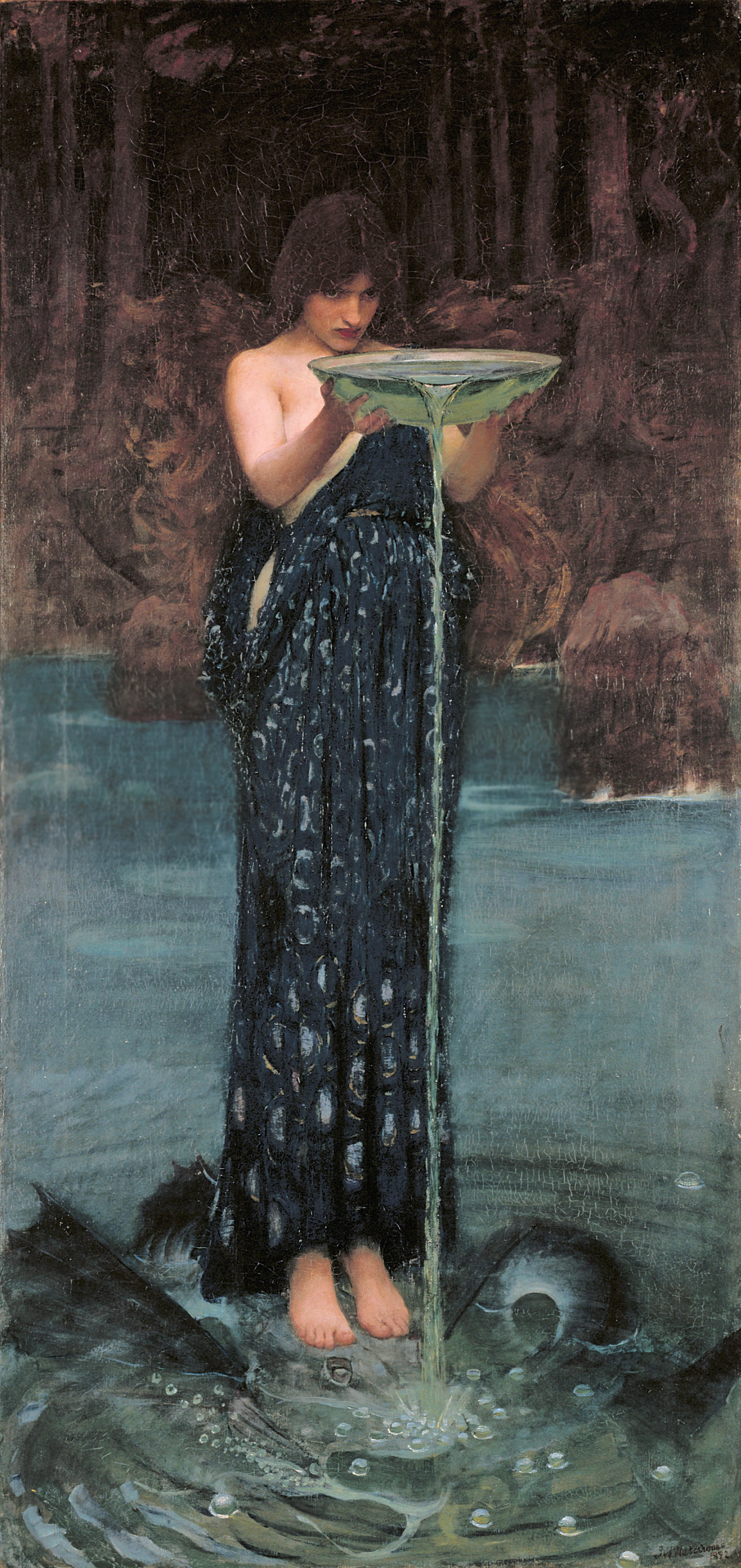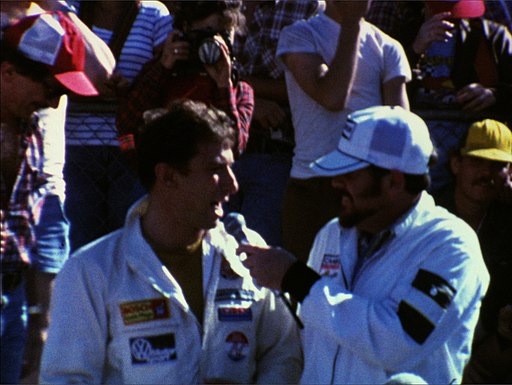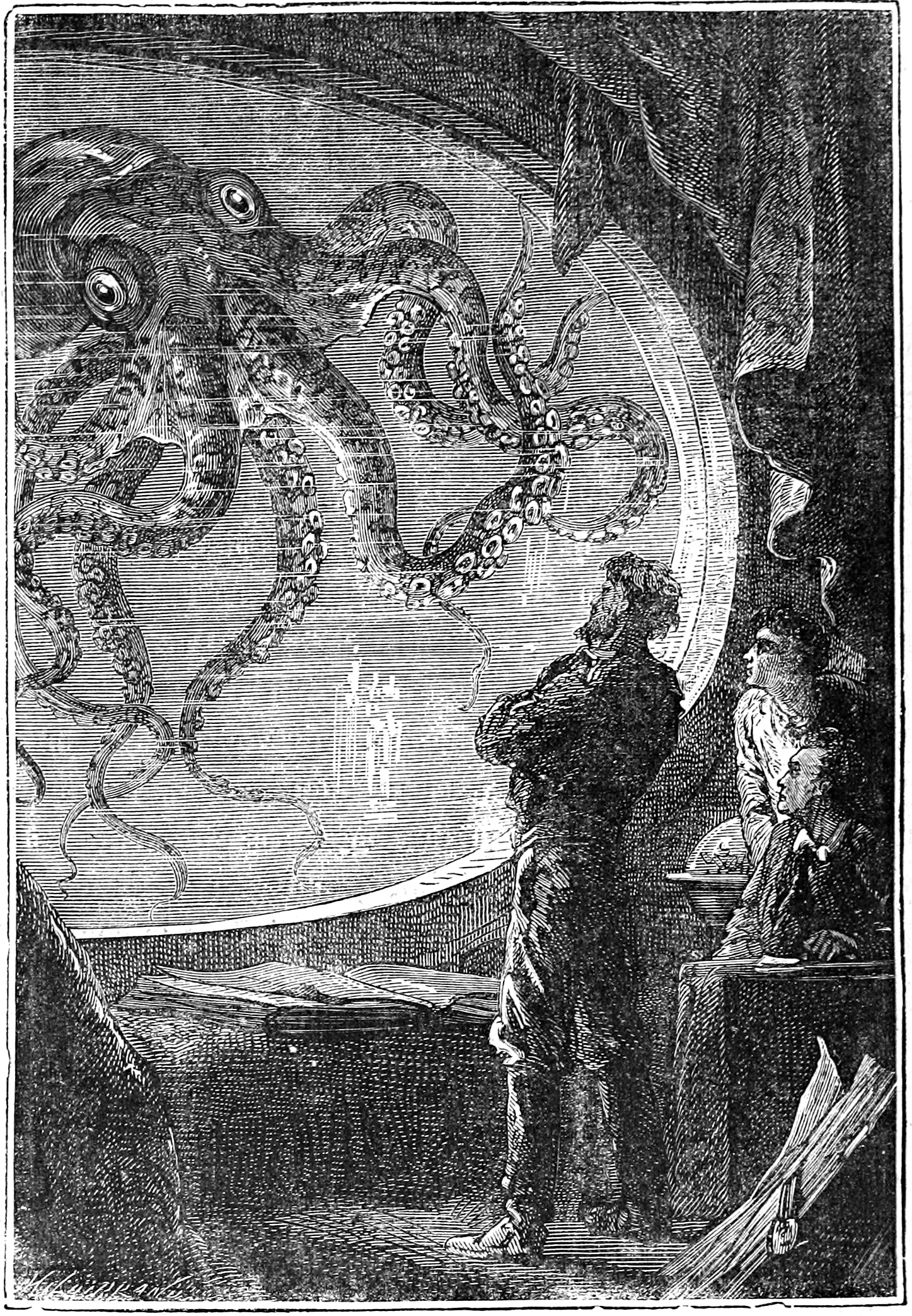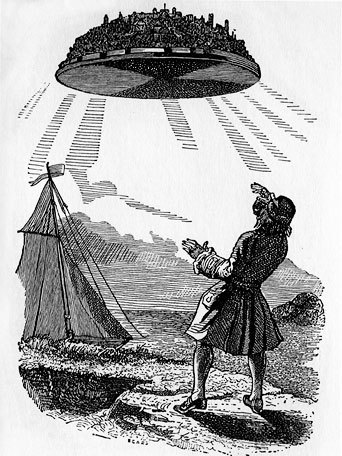The following is an email sent from Art to Liza and Allison on 12 April 2015.
 |
| Landscape with Orpheus and Eurydice by Nicolas Poussin |
I have been going back and forth for a long time trying to figure out how to approach this first email. I do feel some need to formally welcome you to the project. No pressure as far as your involvement, but I have to say that I'm kind of overly excited about the prospect of your respective contributions and it's bringing up all sorts of past experiences of rejection, when my heart was all a-flutter and things didn't work out, in large part due to my unabashed enthusiasm. So I learned the lesson of Orpheus, by which, in the words of John Updike, "we achieve our desire by turning our back on it." Be that as it may, I'm going to go ahead and say that I'm psyched. And of course you have full permission to leave at any point (but I guess by analogy that means that you fall back into the underworld). One paragraph and I've already made things weird!
I understand that you are both up to big things, but I wanted to summarize what I understand about your potential roles thus far, expressing some of my own thoughts and providing links to past posts that may or may not be helpful to you.
Allison, I understand your role as one of exegesis/analysis. In some ways, this puts you on Will's Apollonian, rationalistic end of the Apollonian/Dionysian continuum. I gathered from lurking somewhat on your Facebook page that you're pretty familiar with Nietzsche having written a dissertation that synthesized his and other people's work and that you ultimately hope to help people to live their lives better...my point being, I assume you get the reference! I think "
The Eternal Loop of One's Own Rationalism" would be a good place to start in terms of conceptualizing what you're doing (you would be Actaeon, by the way). You become a Nietzschean protagonist of sorts who tries to rationalize the formless horror. Eventually--spoiler alert--the Dionysian shows its superiority. Your own Apollonian endeavors are not for naught; they are paradoxically "energized and raised aloft" through glimpsing the formless horror. So, yes, you get eaten alive by your own hounds so to speak, but something cool comes out of it. I mean how many people get turned into a stag? That's pretty cool in and of itself.
I should back up and say that I know you're not intending to be one of the characters, but, like a lot of people who have had some involvement, you may end up
fitting into one or more roles. I visualize you as an early Steffi Humboldt, whose "
Forward" is used for
The Principles of Theory. Of course, if you know the story at all, you know that she didn't just "go back to Oberlin." The post, "
Eve vs. the New Eve" may also be a good place to find out what may have happened to her.
At any rate, whether you identify with Steffi at all, I like the idea of you trying to come up with a thesis as to what the project is. Everything can and should be tentative, probably indefinitely. We use the word "maybe" a lot. That's unlikely to change. Any even preliminary ideas, drafts, intuitions would be welcome--whatever aspects of the project do you find philosophically interesting. Interestingly, when I start posting some of that material, your thesis will have to accommodate it: the eternal loop of one's own rationalism! Thank you in advance for any contribution you can make!
Okay, moving on to Liza. Liza, I posted your first
post today and it's generating some excellent traffic (by the way, shares, reposts, retweets, etc. are all appreciated and, in fact are part and parcel of
the cult)! You seem to be more on the Dionysian side of the spectrum with me and Arthur and Carlton Farthington (those are all me, by the way). That means that you can pretty much write whatever you want. I think you've already intuited that we grant ourselves wide latitude when it comes to unintelligibly in this project (or as we like to call it,
indefinitude): text-to-voice, voice-to-text, to English-to-Icelandic transcription, and just good old fashioned not making ourselves understood, we have pretty much free rein to say whatever we want! Being on this side of the spectrum means that your life--like mine--has been touched by
the lodestone. Thus, our identities become increasingly confused, fused, diffuse, etc. Definitely should read "Epic Finale" -
Part 1 and
Part 2.
And yes, I'm thinking of you as a latter-day Steffi, who now goes by other aliases like Victoria Woolf, Shakespeare's Sister, The Überfrau, etc. Of course, you could also be Leif Ericsson and/or The Most Authentic Detroiter Ever. Here's something I wrote to Will a couple days ago:
Maybe indefinitude is the ultimate goal of Knology. Maybe it's what Farthington promised his followers. And yes that has a meaning in terms of time, but it also has a meaning in terms of identity. Maybe that explains why all our characters blur outside their boundaries, or at least the ones that have been touched by the lodestone, The Benefactor, Knology, etc. Ones like Will seem to lack that transcendence, but have clear facticity. There's a trade off.
And--I'm not even sure if the two of you know each other--so I apologize, but even your two names introduce an interesting conflation and confusion of identities. Again, from a recent email to Will:
I also like that we have a Liza and Allison coming on board. Having a field day with those two names, their meanings, and the potential relationship of those meanings to one another. No etymology on hand now but just the "a-" meaning not and the "-son," which is so odd for a girl's name. Liza is the one that is apparently free from those affixes, accretions. Perhaps further along the path toward indefinitude...
Of course, Will and I are not immune from this same treatment. At a most basic level, our names are nothing more than Nietzschean concepts.
Okay, enough of me. I've probably scared you off. So reply to our emails, feel free to get involved to whatever extent and in whatever capacity you'd like, maybe even call Carlton Farthington at his home on Topsail Island, North Carolina (910-541-3455). We believe that, inside the swaddled/crucified existence, whatever utterance you're currently capable of making is
the best utterance. Don't wait until come down off the cross--you'll be dead then!
Will, anything to add?
Art













